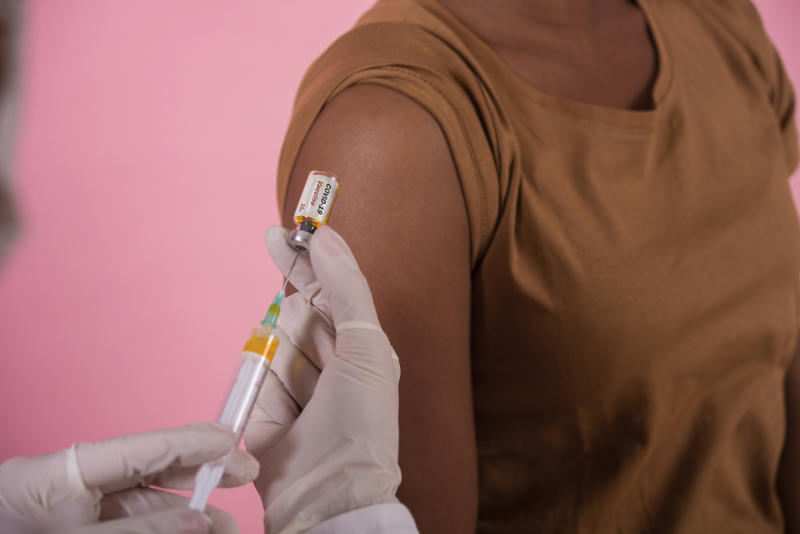×
The Standard e-Paper
Kenya’s Boldest Voice

The government has been dithering on what to do with privately imported Covid-19 vaccines, even as one entity brought in a batch of Russian Sputnik V, which they reluctantly approved for the Kenyan market.